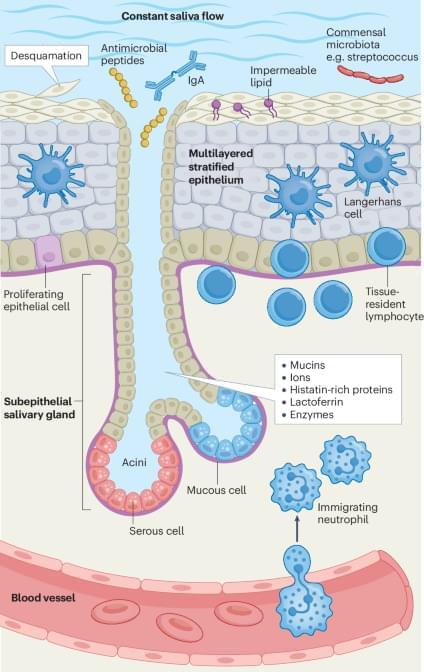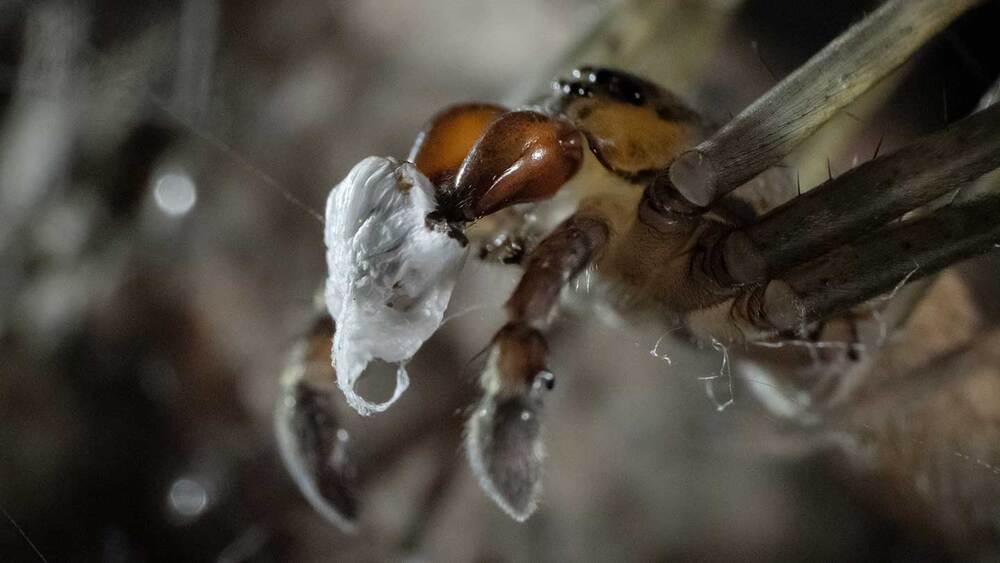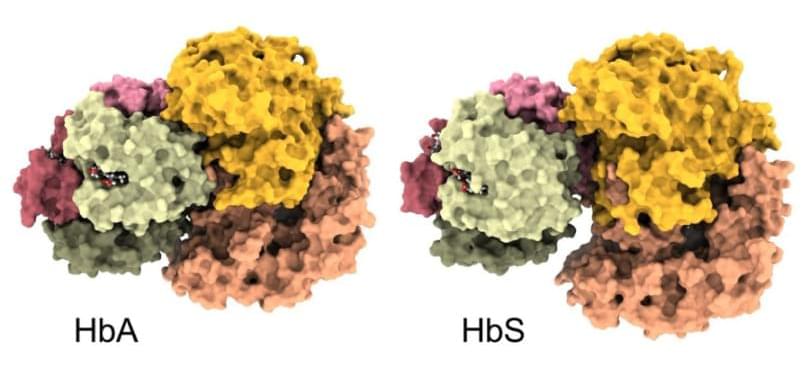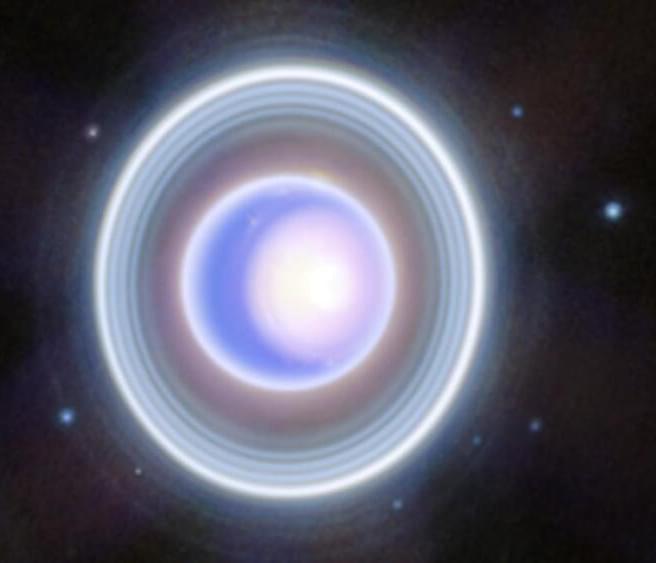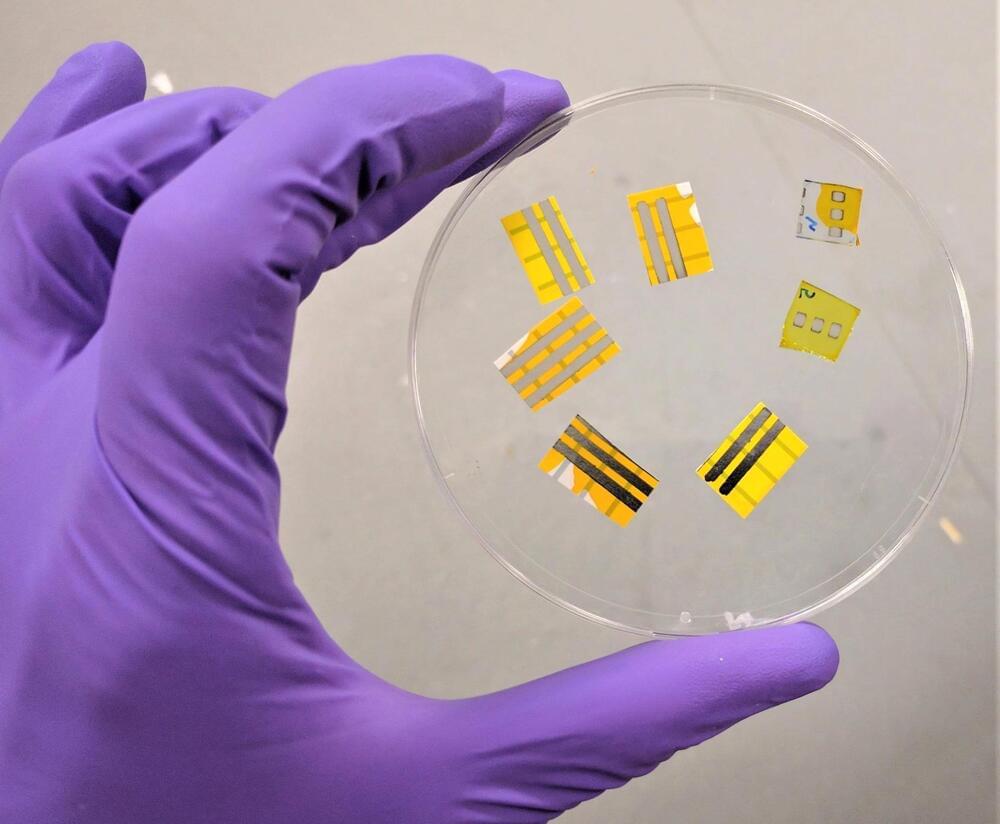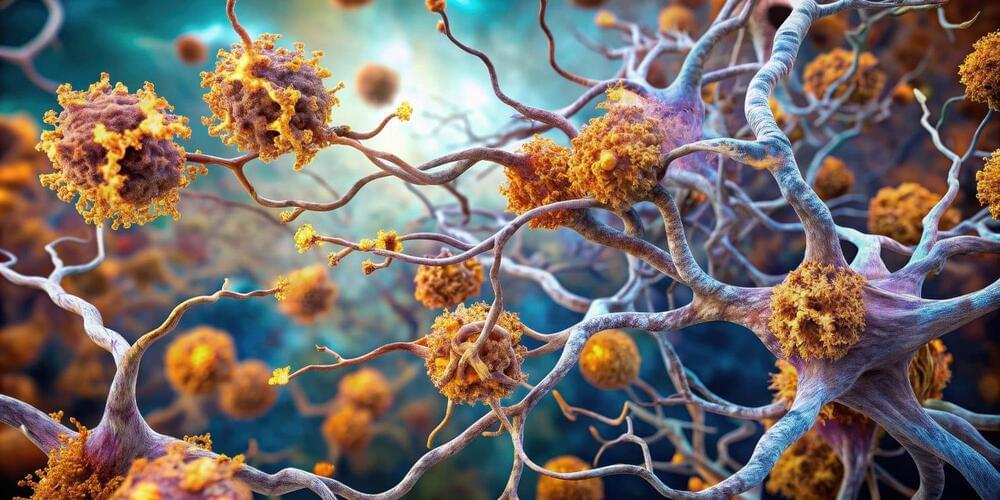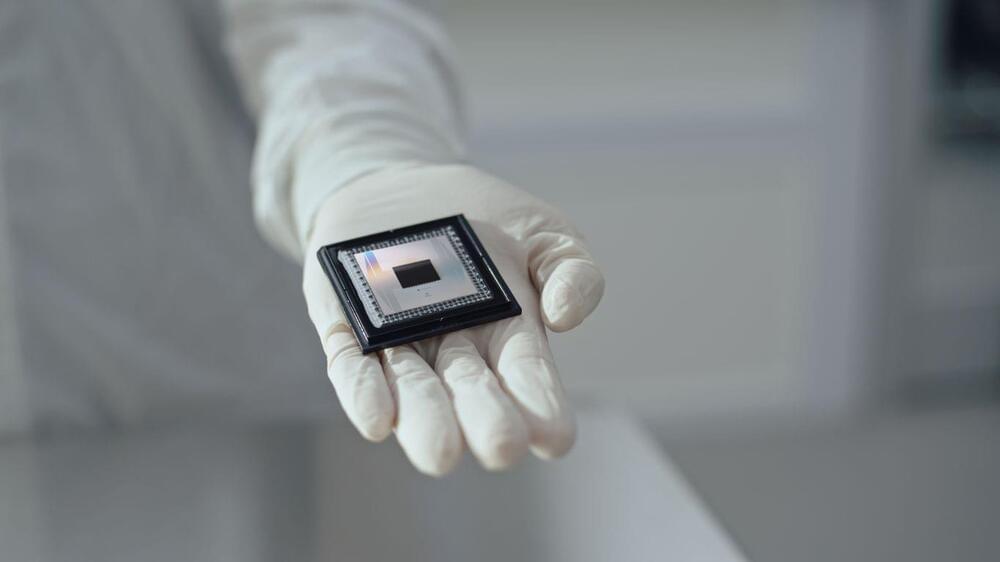Creating realistic 3D models for applications like virtual reality, filmmaking, and engineering design can be a cumbersome process requiring lots of manual trial and error.
While generative artificial intelligence models for images can streamline artistic processes by enabling creators to produce lifelike 2D images from text prompts, these models are not designed to generate 3D shapes. To bridge the gap, a recently developed technique called Score Distillation leverages 2D image generation models to create 3D shapes, but its output often ends up blurry or cartoonish.
MIT researchers explored the relationships and differences between the algorithms used to generate 2D images and 3D shapes, identifying the root cause of lower-quality 3D models. From there, they crafted a simple fix to Score Distillation, which enables the generation of sharp, high-quality 3D shapes that are closer in quality to the best model-generated 2D images.
A new AI method enables the generation of sharp, high-quality 3D shapes that are closer to the quality of the best 2D image models. Previous approaches typically generated blurry or cartoonish 3D shapes.
